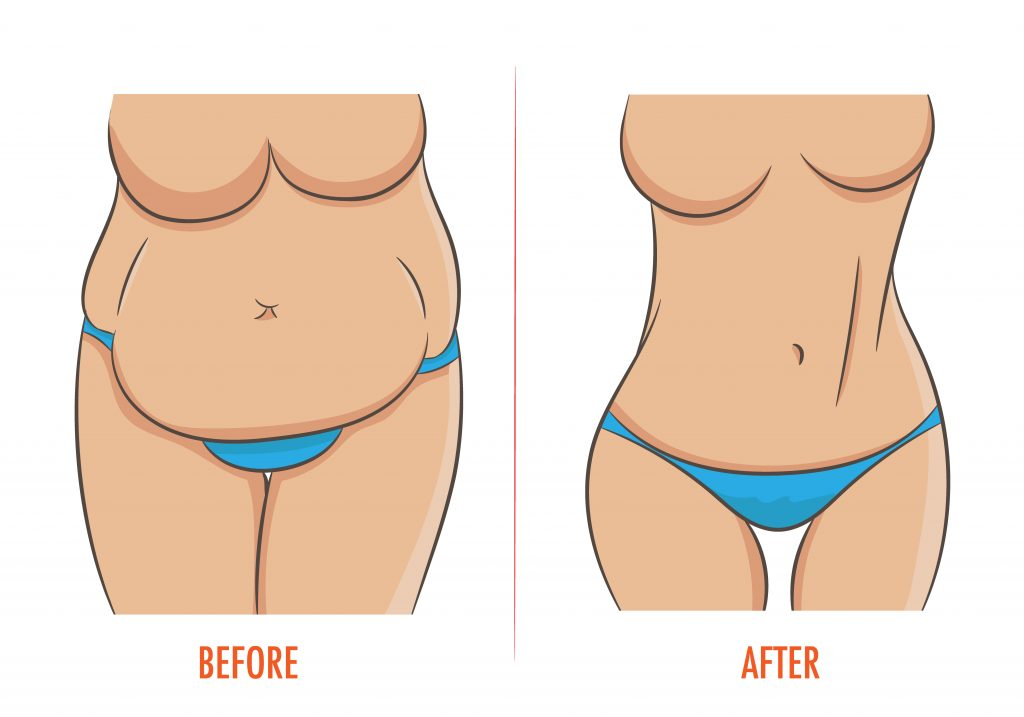I. Introduction
Importance of injury prevention
Injury prevention is a critical aspect of maintaining overall health and well-being. Injuries can range from minor cuts and bruises to serious fractures or even life-threatening conditions. While accidents can happen at any time, there are steps we can take to minimize our risk of injury. One of these steps is proper nutrition.
Role of nutrition in injury prevention
Nutrition plays a vital role in injury prevention, as it can help to build and maintain strong bones and muscles, support the immune system, and reduce inflammation in the body. Consuming sufficient calcium is particularly significant during youth and puberty when bones are developing and creating, and during adulthood when bone thickness begins to decline. Calcium and vitamin D might be taken simultaneously as buy raloxifene. Proper nutrition can also help to maintain a healthy weight, which can reduce the risk of injury from falls or other accidents.
In this article, we will explore the nutrients and foods that are particularly beneficial for injury prevention, as well as strategies for incorporating them into a daily routine. By taking a proactive approach to nutrition and injury prevention, we can help to protect our bodies and enjoy a healthy, active lifestyle.
II. Nutrients for Injury Prevention:
A balanced diet rich in key nutrients can help to prevent injury and promote optimal health. Here are some of the most important nutrients for injury prevention:
- Protein: Protein is important for making and restoring power tissue. Adequate protein intake is particularly important for athletes and individuals who engage in physical activity, as it can help to support muscle recovery and prevent muscle loss.
- Vitamins and Minerals: Vitamins and minerals play a crucial role in supporting overall health and preventing injury. Calcium and vitamin D are particularly important for building strong bones and reducing the risk of fractures. Other important vitamins and minerals include vitamin C, which helps to support the immune system and reduce inflammation, and iron, which is necessary for healthy blood flow and oxygen transport.
- Omega-3 Fatty Acids: Omega-3 greasy acids live important fats that are essential for gut fitness and brainiac role. They can also help to reduce inflammation in the body, which can reduce the risk of injury.
- Carbohydrates: Carbohydrates are an important source of energy for the body, particularly during physical activity. Complex carbohydrates (such as whole grains, fruits, and vegetables) provide a steady source of energy, while simple carbohydrates (such as sugar and refined grains) should be consumed in moderation.
By ensuring adequate intake of these key nutrients, individuals can help to reduce their risk of injury and support optimal health and wellness.
III. Foods to Include in a Diet for Injury Prevention:
Eating a balanced diet that includes a variety of nutrient-dense foods is crucial for preventing injury and maintaining overall health. Here are some foods to include in a diet for injury prevention:
- Lean Meats: Slight flesh such as weakling, turkey, and fish exist as good bases of protein, which is important for creating and mending muscle tissue. This can bring about muscle weariness, spasms, and even injury. Purchase raloxifene 60 mg tablet for the gamble of spine breaks in postmenopausal ladies with osteoporosis. These meats are also low in saturated fat, which can help to reduce inflammation and protect against heart disease.
- Fruits and Vegetables: Fruits and vegetables are rich in vitamins, minerals, and antioxidants that can help to reduce inflammation and support overall health. Dark leafy greens, berries, citrus fruits, and cruciferous vegetables (such as broccoli and cauliflower) are particularly beneficial.
- Whole Grains: Whole grains such as brown rice, quinoa, and whole-wheat bread are rich in complex carbohydrates, which provide a steady source of energy for the body. They are also high in fiber, which can help to reduce inflammation and support healthy digestion.
- Nuts and Seeds: Nuts and seeds are rich in healthy fats, protein, and vitamins and minerals that can help to support overall health and reduce inflammation. Walnuts, almonds, chia seeds, and flaxseeds are particularly beneficial.
- Fatty Fish: Fatty fish such as salmon, tuna, and sardines are rich in omega-3 fatty acids, which can help to reduce inflammation and protect against heart disease.
By incorporating these nutrient-dense foods into their diet, individuals can help to prevent injury and support optimal health and wellness. It is also important to limit the intake of processed and sugary foods, which can increase inflammation and contribute to chronic health conditions.
IV. Hydration for Injury Prevention:
Hydration is an often-overlooked aspect of injury prevention, but it is crucial for maintaining optimal health and preventing injury. Here are some important things to know about hydration for injury prevention:
- Importance of Staying Hydrated: Water is essential for regulating body temperature, transporting nutrients and oxygen to cells, and removing waste from the body. When the body is dehydrated, it can lead to muscle cramps, fatigue, and other symptoms that can increase the risk of injury. Adequate hydration is especially important during physical activity, as it can help to prevent heat exhaustion and other heat-related illnesses.
- How Much Water to Drink: The amount of water a person needs to drink depends on a variety of factors, including their age, weight, and level of physical activity. Athletes or individuals who engage in intense physical activity may need to drink more to stay properly hydrated.
- Electrolytes and Their Role in Hydration: Electrolytes are minerals such as sodium, potassium, and magnesium that are essential for proper hydration. During physical activity, the body loses electrolytes through sweat, which can lead to dehydration and other symptoms. Consuming foods and drinks that contain electrolytes (such as sports drinks, coconut water, and bananas) can help to replenish these important minerals and support optimal hydration.
In summary, staying properly hydrated is crucial for injury prevention and overall health. By drinking plenty of water, consuming electrolyte-rich foods and drinks, and paying attention to the signs of dehydration, individuals can help to reduce their risk of injury and maintain optimal health and wellness.
V. Strategies for Incorporating Injury-Preventing Nutrition into a Daily Routine:
Incorporating injury-preventing nutrition into a daily routine can be challenging, but there are several strategies that can help individuals stay on track. Here are some tips for incorporating injury-preventing nutrition into a daily routine:
- Planning Meals and Snacks Ahead of Time: Planning meals and snacks ahead of time can help individuals make healthier choices and avoid last-minute decisions that may not be optimal for injury prevention. Setting aside time each week to plan out meals and snacks can help ensure that individuals have a variety of nutrient-dense options on hand.
- Making Healthy Choices When Eating Out: Eating out can be challenging when trying to maintain a healthy diet for injury prevention. However, many restaurants now offer healthy options, such as salads or grilled meats, that can be incorporated into a daily routine. It is important to be mindful of portion sizes and to avoid high-calorie, high-fat options.
- Proper Portion Control: Proper portion control is important for maintaining a healthy diet for injury prevention. Eating too much can lead to weight gain and increase the risk of injury, while not eating enough can lead to fatigue and muscle weakness. Using portion control tools such as measuring cups or a food scale can help individuals ensure they are eating the right amount.
- Consistency in Nutrition Habits: Consistency in nutrition habits is crucial for maintaining a healthy diet for injury prevention. It is important to make healthy eating a regular part of daily routines, rather than a short-term fix. Consistency can help individuals build healthy habits and make injury-preventing nutrition a natural part of their lifestyle.
In conclusion, incorporating injury-preventing nutrition into a daily routine can be challenging, but it is possible with proper planning, making healthy choices when eating out, proper portion control, and consistency in nutrition habits. By following these strategies, individuals can maintain a healthy diet for injury prevention and support overall health and wellness.
VI. Conclusion:
Recap of the importance of nutrition for injury prevention
Injury prevention is a critical aspect of overall health and wellness. While many people focus on physical activity and injury prevention strategies such as stretching and proper form, nutrition also plays a crucial role in preventing injury. By incorporating nutrient-dense foods, proper hydration, and healthy nutrition habits into daily routines, individuals can reduce their risk of injury and support optimal health and wellness.
Encouragement to make healthy nutrition choices for injury prevention
In conclusion, it is important to remember the significance of nutrition for injury prevention. Proper nutrition provides the body with the nutrients and hydration it needs to function optimally and reduce the risk of injury. By making healthy nutrition choices a regular part of daily routines, individuals can support their body’s overall health and wellness and reduce the risk of injury.



